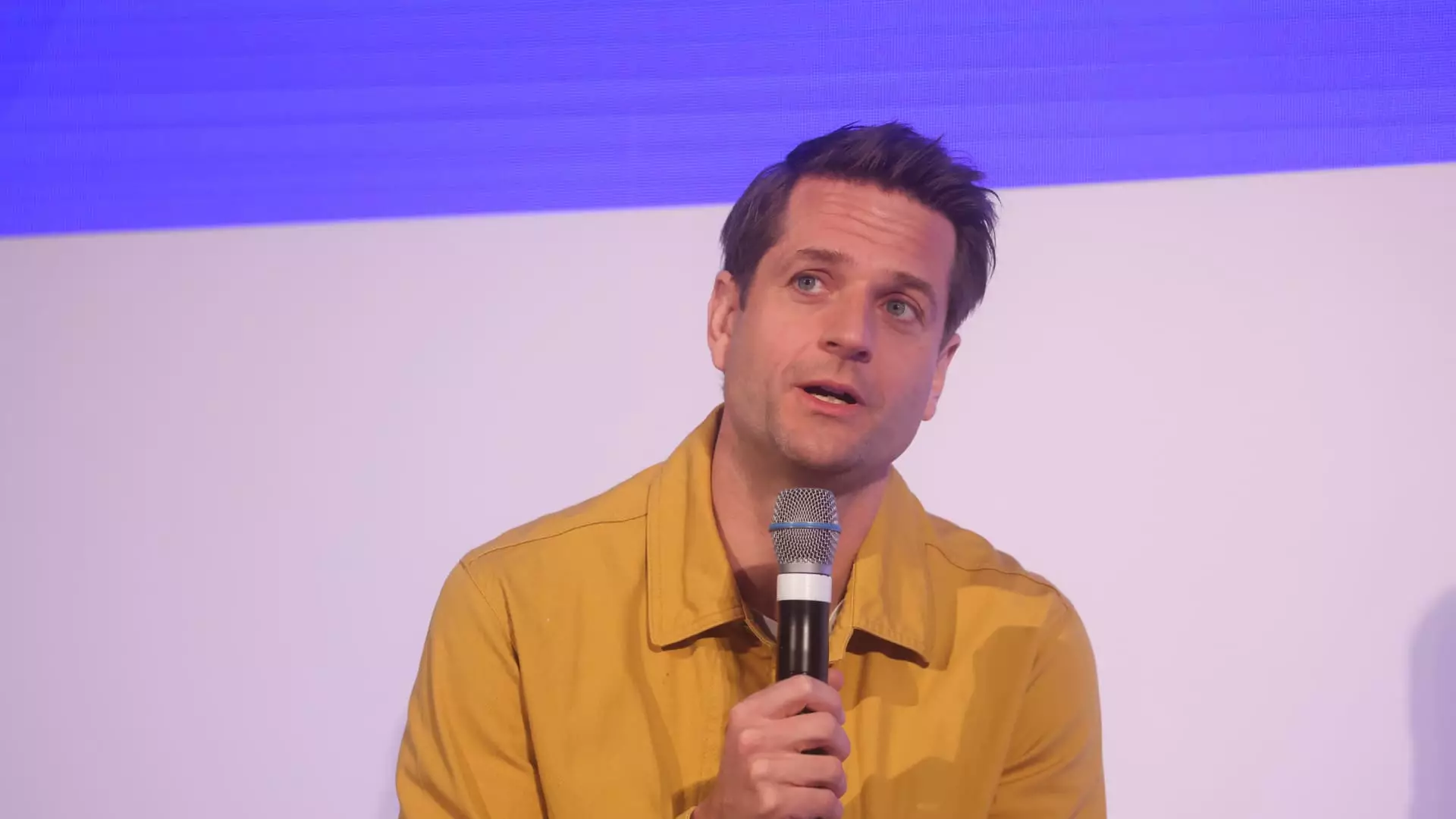As Klarna approaches its anticipated initial public offering (IPO), a specter looms over the Swedish financial technology company: a potential brain drain of tech talent from Europe to the United States. CEO Sebastian Siemiatkowski recently voiced his concerns in an interview, highlighting how restrictive employee stock option regulations in Europe could jeopardize Klarna’s ability to retain and attract the brightest minds in the industry. These regulations, unlike those in jurisdictions like the U.S., present notable challenges that could hinder talent retention, posing a significant risk as Klarna gears up for its IPO.
The financial technology landscape in Europe is facing an increasing threat from American tech giants, such as Google and Apple, who can provide more appealing compensation packages, particularly in the form of stock options. For companies like Klarna, which specializes in ‘buy now, pay later’ services, this talent competition is more than just an inconvenience; it is a critical risk that could stifle innovation and growth.
Siemiatkowski pointed out that European regulations surrounding employee compensation, particularly in the form of stock options, are comparatively unfavorable. For example, in the U.K. and Sweden, employee contributions to social security from stock-based compensation can be uncapped. This means that when stock prices soar, companies can face significantly higher overhead costs related to employee benefits. As a result, many European firms, including Klarna, are burdened by unpredictable expenses, making it exceedingly challenging to compete with their American counterparts.
To better comprehend Klarna’s predicament, consider a recent analysis revealing that Klarna offers merely 20% as much equity in relation to its revenue compared to its peers on the public markets. This discrepancy raises questions about Klarna’s attractiveness to top-tier talent, particularly when other firms provide benefits that can be six times greater in equity distribution. The challenge lies not in Klarna’s willingness to compensate its employees generously, but rather in the complex and unpredictable nature of European regulations that diminish the appeal of working in the region.
The Changing Landscape of Tech Employment
As Siemiatkowski gears up for Klarna’s IPO, there is heightened awareness of the shifting dynamics in global tech employment. The phenomenon of remote work has amplified the mobility of skilled talent, allowing professionals to seek opportunities beyond geographical constraints. With Klarna expanding aggressively in the U.S. market, Siemiatkowski worries that increased visibility could lead to employees being inundated with offers from American tech firms eager to capitalize on the talent pool in Europe.
“The most talented pool is very mobile today,” he remarked, underscoring how remote work has simplified the process for individuals to find opportunities outside their immediate environment. This reality necessitates that European firms rethink their compensation strategies and workplace cultures to ensure they can compete effectively against global giants.
Further complicating matters is the sentiment in Europe surrounding compensation in the tech sector, particularly in financial services. Siemiatkowski noted a prevalent attitude that undervalues the contributions of highly skilled professionals in this industry. This contrasts sharply with the U.S., where talent is often acknowledged and compensated in alignment with their market value. The discrepancy in how talent is perceived and rewarded is a critical factor hindering the competitiveness of European tech companies.
If Klarna’s employees find themselves targeted by offers from companies like Google, the outcome may not only include immediate financial incentives but also include comprehensive relocation support that European companies may not offer. This situation emphasizes the necessity for a cultural shift within European tech firms, fostering environments where talent is not only recognized but adequately rewarded.
As Klarna navigates these significant challenges, the clock is ticking toward their IPO, which has been tentatively scheduled for 2025. With their imminent listing, Klarna stands poised to be one of the first major fintech companies to go public in an increasingly competitive environment. However, they must confront the realities of European regulatory frameworks and the shifting landscape of global tech employment.
In a world where talented individuals are increasingly mobile and where competition is fierce, Klarna must leverage its upcoming IPO not only to secure compelling capital but also to rethink its employee value propositions. Otherwise, they risk succumbing to a talent drain that could undermine the very innovation that led to their success. As the industry evolves, so too must Klarna’s approach to retaining top talent, ensuring that they can emerge not only as a successful public company but also as a leader in retaining the best and brightest in the European tech scene.


Leave a Reply